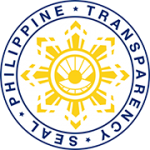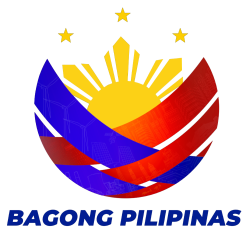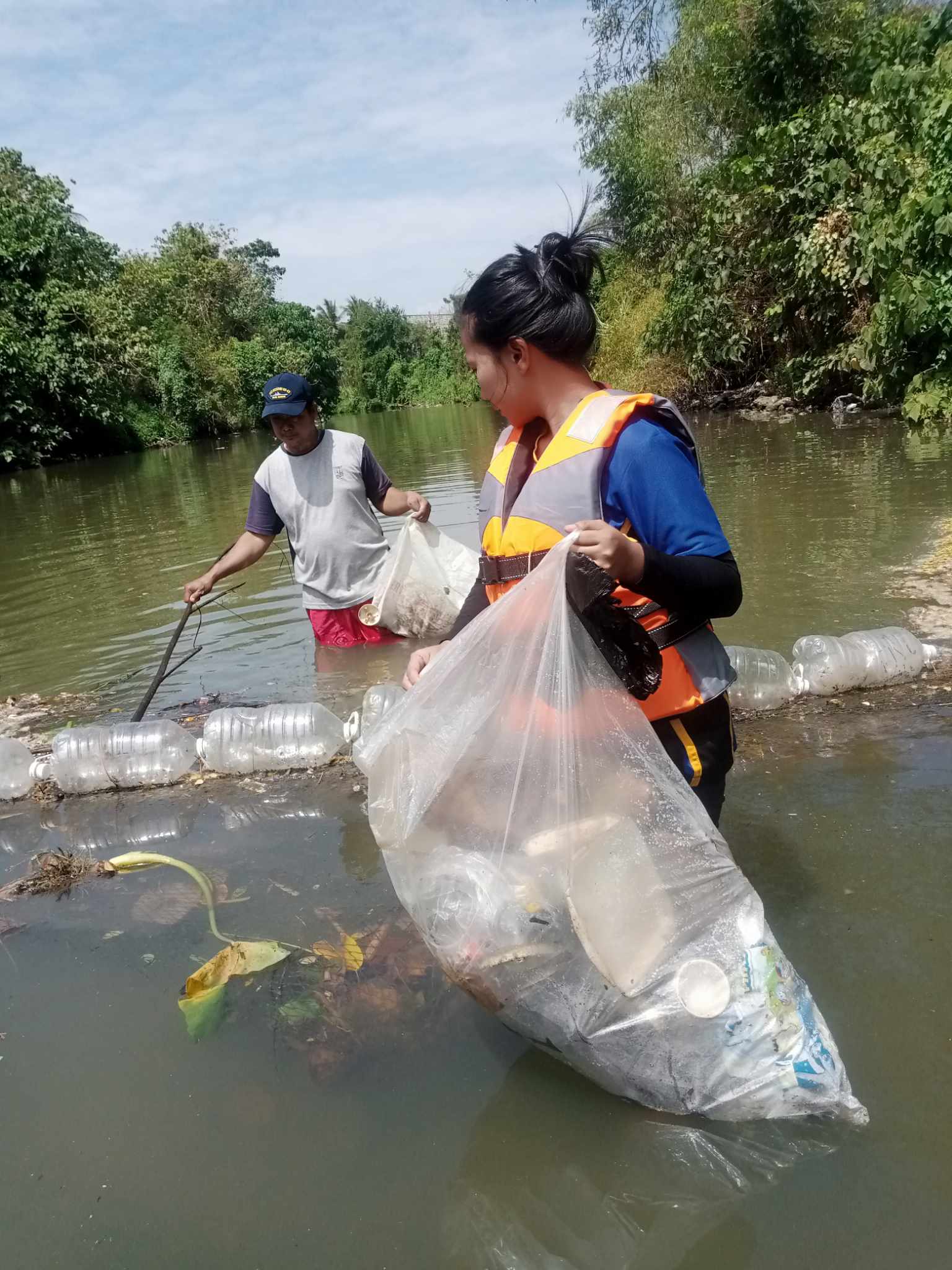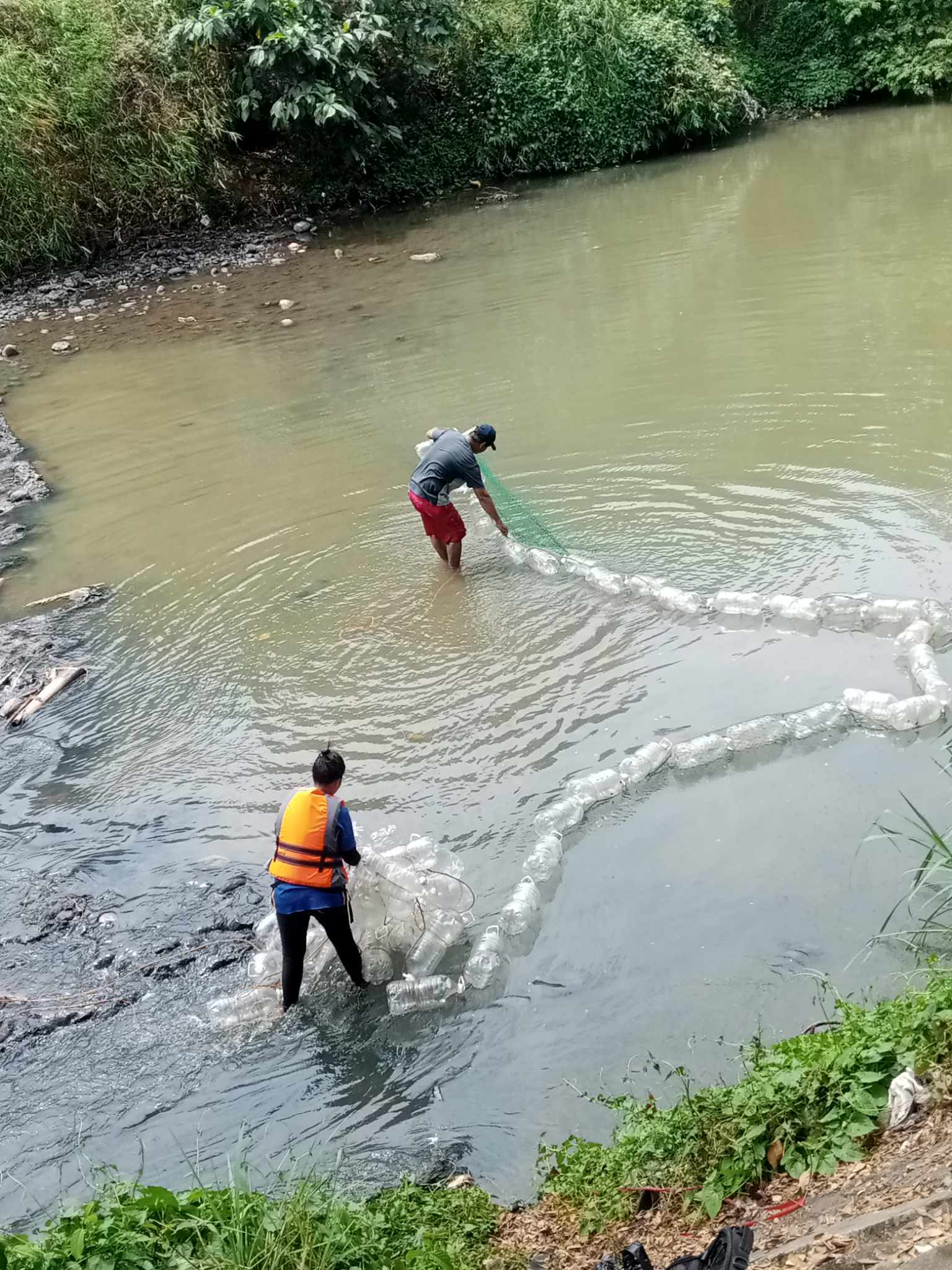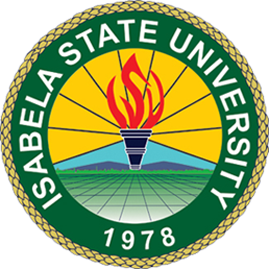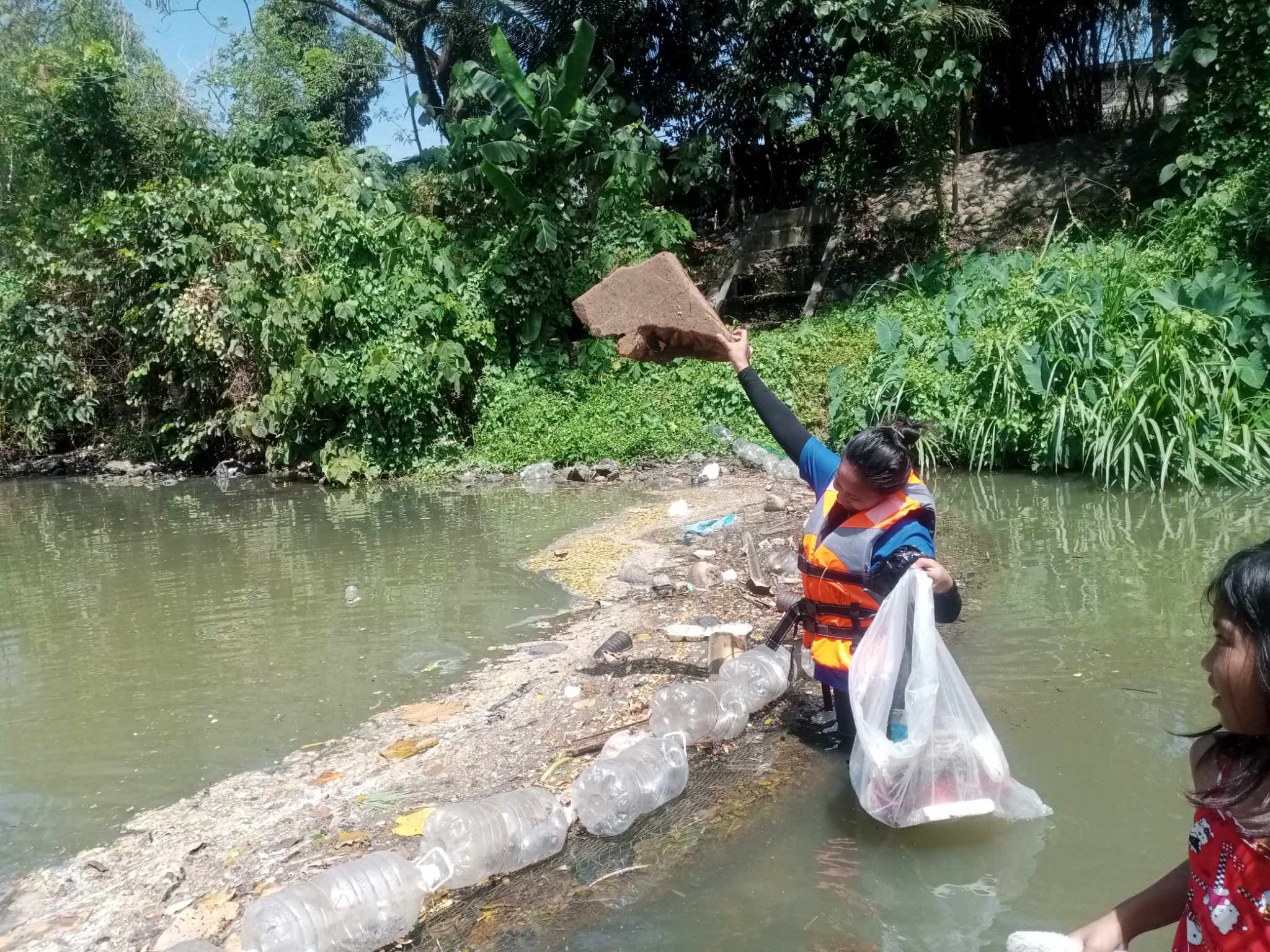
Aiming to address the growing concern of plastic pollution in freshwater ecosystems, Jedy Ann Pastor Dulnuan, a Bachelor of Science in Fisheries and Aquatic Sciences student at the Isabela State University–Echague Campus, conducted a pioneering study titled “Macroplastic Litter Assessment at Calao River, Santiago City, Isabela, Philippines.”
Supervised by Ms. Goldyn Anne A. Comisario, MSc, FHEA, of the Institute of Fisheries, the study investigated the types, density, and monthly variation of macroplastic litter in the Calao River, particularly in Barangays Calao East and Calao West, from March to May 2024. The study revealed that March recorded the highest macroplastic accumulation, attributed to increased water levels during the wet season.
The predominant types of litter identified included polyethylene terephthalate (PET), low-density polyethylene (LDPE), polystyrene, plastic fragments, junk food wrappers, and glass bottles. According to Dulnuan, these findings provide valuable insights into how land-based plastic waste contributes to riverine and eventually marine pollution, posing threats to freshwater biodiversity, fisheries, and community health.
The research emphasizes the connection between river pollution and marine litter, echoing global concerns that rivers serve as major conduits of plastics to the ocean. Dulnuan also recommended the installation of trash booms with mesh screens to intercept debris near the water’s surface, as well as enhanced community awareness and waste management initiatives led by local government units.
ISU Dean of the Institute of Fisheries, Dr. Mary Joy L. Asprec, commended the study as “a strong example of student-led scientific inquiry that supports the United Nations Sustainable Development Goal 14 (Life Below Water).” She added that such initiatives “reflect the university’s continuing commitment to produce graduates who are not only skilled researchers but also environmental stewards.”
The research was conducted in coordination with the City Environment and Natural Resources Office (CENRO) and the Barangay Councils of Calao East and Calao West, with the approval of Santiago City Mayor Atty. Alyssa Sheena P. Tan.
Through this study, Isabela State University continues to strengthen its research efforts in fisheries and aquatic sciences, focusing on sustainable environmental management and community-driven solutions to plastic pollution in local waterways.
Source: Institute of Fisheries, Isabela State University – Echague Campus

